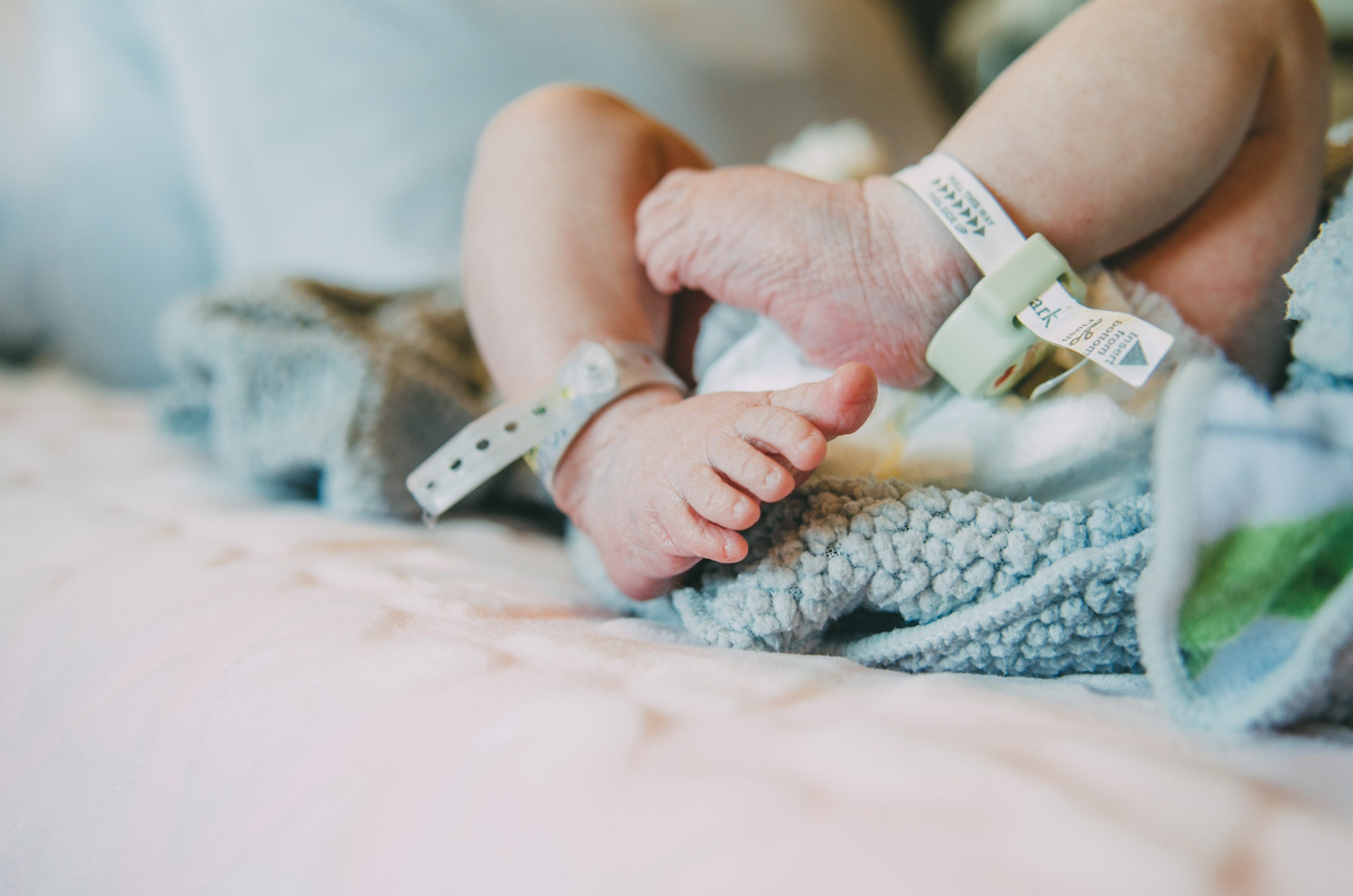We have always known that addiction can be extremely dangerous for women who are pregnant. But now, some new statistics have been released that hammer home that fact even more. Tying these issues into today’s devastating opioid crisis, the Cincinnati Children’s Hospital Medical Center revealed that newborns who require treatment for painkiller withdrawal are at a much higher risk for developmental delays.
The study (which was released this week) followed 87 children who had been treated at the hospital’s Neonatal Abstinence Syndrome Clinic. All had been born to mothers addicted to opioids and heroin. Following them for two years, the researchers concluded that developmental issues were extremely common within the grouping.
“These children are at risk for developmental delay,” Dr. Stephanie Merhar, a neonatologist at Cincinnati Children’s Hospital, told a local outlet. “Our study found that the test scores of these toddlers were significantly lower than national averages.”
Dr. Merhar went on to say that there is still a possibility that these children’s intelligence and academic performance may improve later on, but that is not guaranteed. Another trend noted in the study was the large percentage of opioid addicted newborns with strabismus, or crossed eyes.
Another component of this research explored how the babies were ultimately raised. Though not surprising to hear, the stats showed that children who were taken away from their biological parents and raised in foster care had higher cognitive scores. It can be deduced that those who stayed with their addicted mothers faced continued neglect due to their devastating habits.
Dr. Merhar emphasized that this study does not suggest that all addicted infants be removed from their biological families, but rather the importance of monitoring development and getting parents the help that they need. She concluded that early screenings and recovery support are essential to pregnant mothers.
“We encourage close medical follow up and screening early-on for delays,” Dr. Merhar added. “What this study ultimately shows is that babies who were exposed in utero to opioids should be monitored closely and provided with medical intervention as needed as they grow.”
Of course we all must think to ourselves, what kind of mother would choose to use while carrying a child? Tragically, opioid addictions like these can cloud the judgement of even the most caring individuals. These are biological cravings that are often out of their control. If you or someone you know is pregnant and dealing with a dependency like this, we strongly urge you to seek out help immediately.







